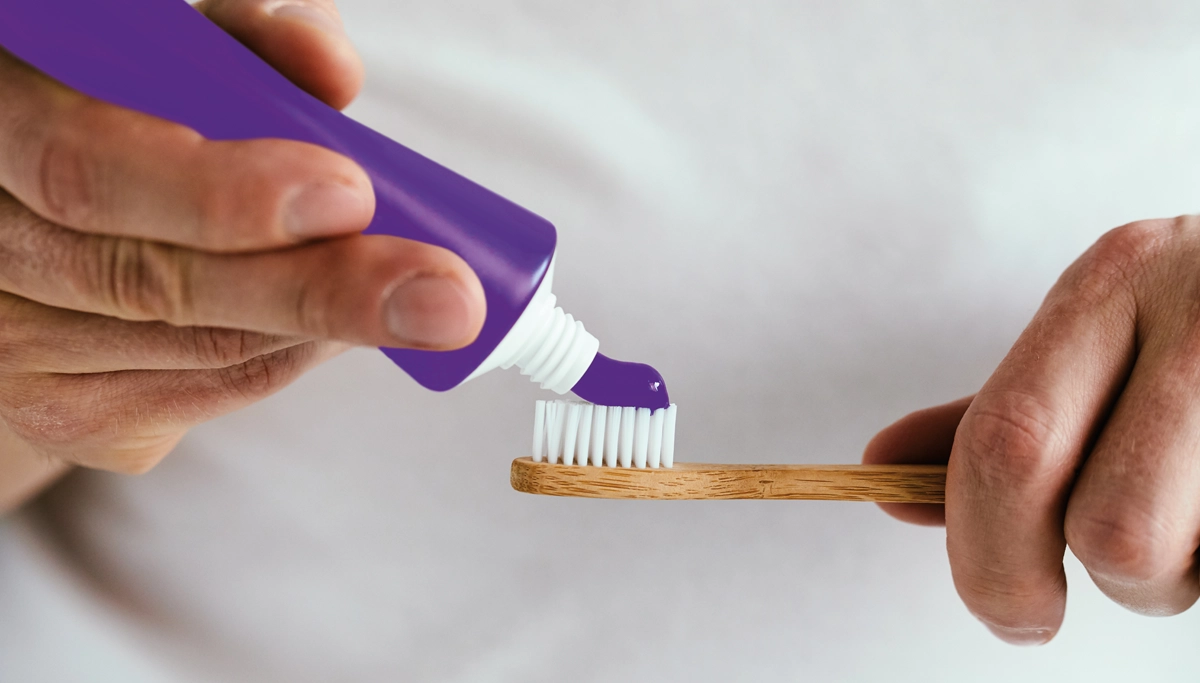How to build habits for better sleep
Spring is a lovely time of year, but it also means daylight savings time is here. If you’re struggling with your sleep schedule, making small habit tweaks can help you get back to feeling well-rested.
The benefits are well worth it: Over time, better sleep can reduce your risk for many oral and overall health issues, from stress-related teeth grinding to chronic illnesses such as heart disease and obesity.
These common habits can make your sleep less restful:
- Going to sleep at different times every night
- Using your laptop or cell phone while tucked up in bed
- Taking long naps in the afternoon
- Tossing and turning when you can’t sleep
- Using stimulants like coffee or cigarettes after mid-afternoon
- Having alcohol in the evening
- Go to sleep at the same time every night. This gets easier the longer you do it because you’re training your body to know when it needs to get sleepy.
- Make your bedroom a laptop- and cellphone-free area. The lights in our screens can reduce the amount of melatonin (a hormone that contributes to sleep) we naturally produce. If you’re dedicated to getting better sleep, consider removing TVs too.
- Limit afternoon naps to 20 minutes. A short nap can give you a needed energy boost but won’t prevent you from feeling sleepy closer to bedtime.
- Get out of bed if you’re struggling to sleep after 20 minutes. Try doing a simple, calming task that doesn’t include a screen, like putting away dishes.
- Avoid all stimulants after 2 pm. These can contribute to restlessness at bedtime, making it harder to fall asleep at the same time every night.
- Don’t drink alcohol four hours before bedtime. Alcohol can disrupt your sleep cycle, making you feel less rested in the morning.
Whenever daylight savings time begins or ends, try gradually adjusting your bedtime by 10 or 15 minutes each night.
Try these steps to help you kick off your healthy sleep habit. You don’t have to make every change immediately — just work on one habit at a time.
If you find that sleeping is still difficult or not restful, consider speaking with your primary care physician.
Save your spring from seasonal allergies
Do your allergies irritate you? These tips for preventing seasonal allergies may help.
Purple toothpaste and yellow teeth
These days, everything has a life hack. The new thing for yellow teeth is purple toothpaste. But what is it? Does it even work?
Take care of your teeth and the planet
You don’t have to give up things you love to be eco-friendly. Celebrate Earth Day every day by making small changes in your lifestyle and habits.








